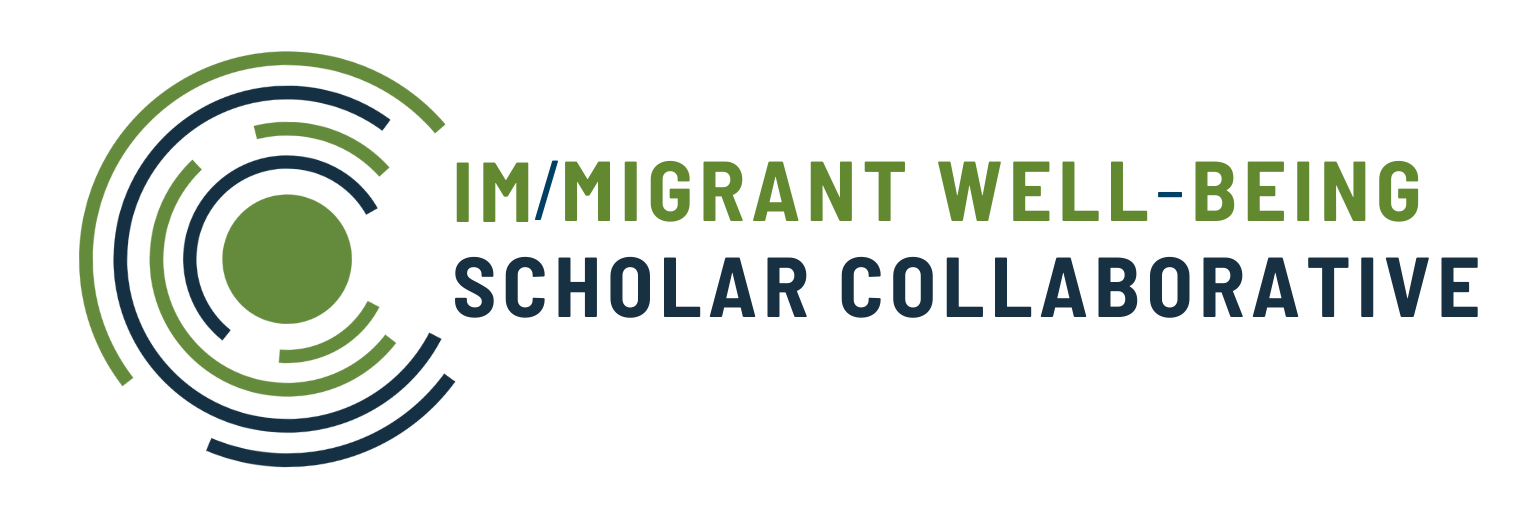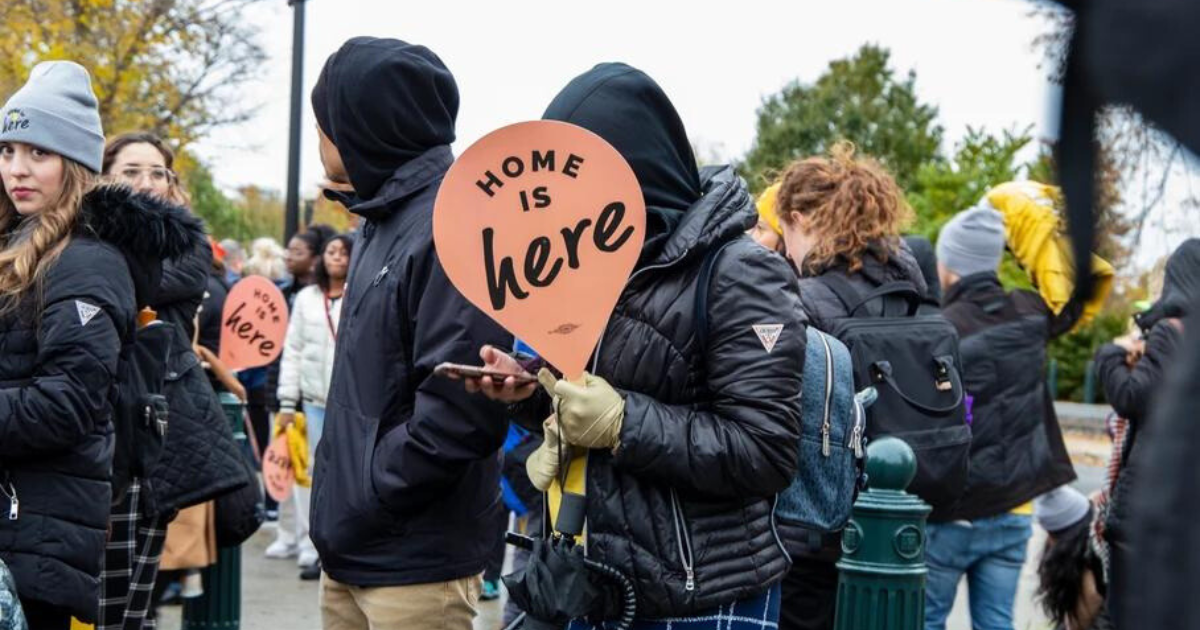Throughout its whole existence, DACA has been used as a bargaining chip, a wedge issue, and a rallying cry. Much of the dialogue has concentrated on what will happen to DACA recipients if DACA finally ends. However, there has been less emphasis on the consequences of leaving DACA recipients in limbo while waiting for Congress to act. What has this back-and-forth meant for people with DACA?
The Im/migrant Well-Being Research Center and scholars from the University of South Florida and the Cisneros Hispanic Leadership Institute at George Washington University partnered to examine the mental, social, and emotional impact of this limbo on DACA recipients living with precarious legal status. Over three years, they conducted in-depth qualitative research with over 50 DACA recipients living in the Tampa area, culminating in a peer-reviewed article entitled Undocumented Again? DACA Rescission, Emotions, and Incorporation Outcomes among Young Adults on the effects of DACA’s 2017 rescission on Dreamers. Through in-depth interviews with undocumented young adults, they explored how the 2016 presidential election and 2017 executive action that rescinded DACA evoked emotions of sadness, grief, anxiety, and uncertainty. Their findings illustrate how even the threat of policy change impacts immigrant young adults’ plans for the future, spotlighting the negative impacts DACA recipients feel living in a constant state of uncertainty. As DACA is continually used as a political wedge without any Congressional resolution, Dreamers suffer social, mental, and emotional damage, despite the benefits DACA provides. The wait is not neutral.
BACKGROUND
DACA is a form of deferred action that guards qualifying undocumented immigrants who entered the country as children against deportation. Along with deportation relief, DACA provides the opportunity to apply for a social security number, a driver’s license, and a work permit. DACA has allowed nearly 800,000 young people to remain safely in the United States since its founding in 2012. In 2018, Texas led seven states in filing a lawsuit, Texas v. United States, challenging DACA. Judge Andrew Hanen ruled DACA unlawful on July 16, 2021, but allowed it to continue for current recipients. After the decision was appealed, sent to the Fifth Circuit, and then sent back to Judge Hanen, we now wait for a decision in light of the recently released DACA rule from DHS. Any decision will almost certainly be appealed to the U.S. Supreme Court, and given the current state of the Supreme Court, the DACA program is not likely to survive, especially under an increasingly conservative judiciary. DACA recipients will need other forms of protection.
KEY FINDINGS
- Undocumented young adults with DACA reported feelings of sadness, despair, anxiety, and uncertainty about the future.
- The threat of losing DACA erodes emotional health.
- 9 out of 51 interviewed had attempted suicide, and almost half of the sample had engaged in self-harm.
- The anticipation of the loss of rights and loss in the constancy of their daily lives led some participants to reconsider future plans, affecting their aspirations for education, occupation, feelings of belonging, and civic participation.
- Some participants reported withdrawing from higher education to work to save money in the event of deportation.
- Some participants accelerated their educational plans, but the trauma of possibly losing DACA overshadowed their educational experiences.
- The prospect of losing DACA led to reluctance in pursuing occupational aspirations they had prior to the 2017 rescission.
- The threat of losing DACA eroded feelings of belonging, but it also increased civic participation in the form of pro-immigrant activism.
RECOMMENDATIONS
- Invest in free, culturally competent mental health services for undocumented and DACAmented youth and young adults.
- Congress must end the limbo and pass urgent legislation to provide a roadmap to citizenship for DACAmented and DACA-eligible people in the United States.
- Congress should not wait for a Supreme Court ruling or any “official” end of DACA to act. With the upcoming midterms changing the landscape in Congress and the real harm to DACA recipients living in uncertainty, waiting is not neutral.
- The Biden Administration should use its authority to employ creative strategies to keep Dreamers employed and safe from deportation in the face of the end of DACA, while Congress negotiates a more permanent legislative solution. While keeping DACAmented immigrants in temporary solutions perpetuates the harm they experience in limbo, it is essential to have a safety net for Dreamers as Congress negotiates a more permanent legislative solution.
- Prioritize outreach and education for DACAmented and DACA-eligible community members, especially as conditions continue to change rapidly under different court rulings and administrative policies.

